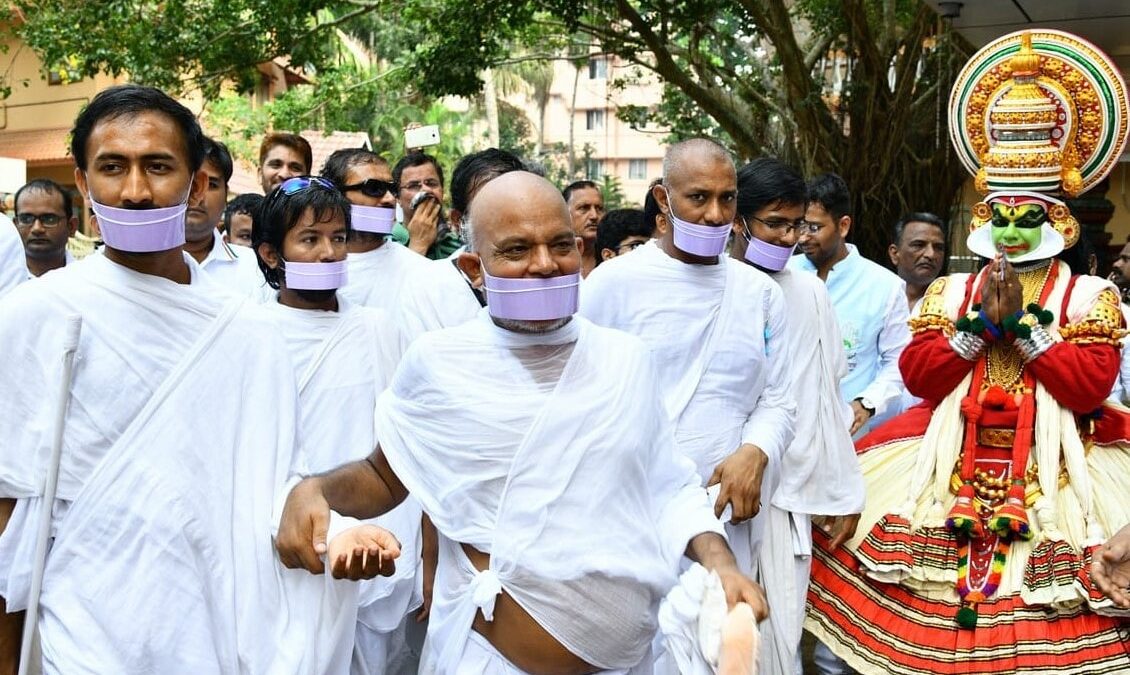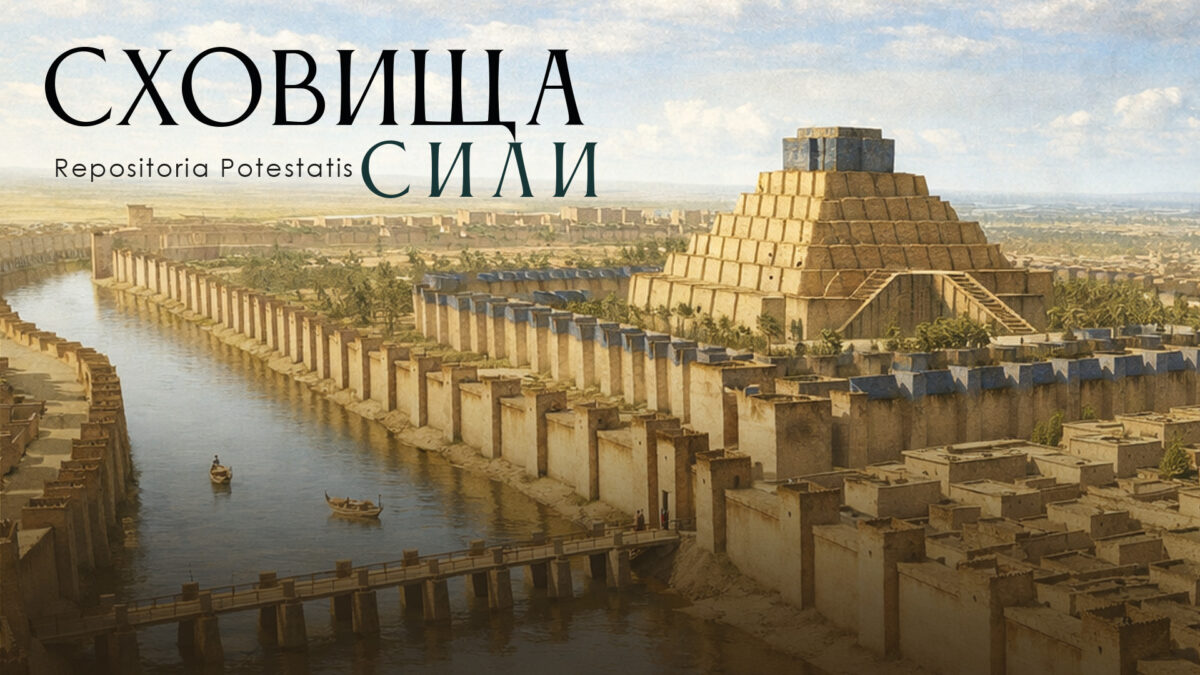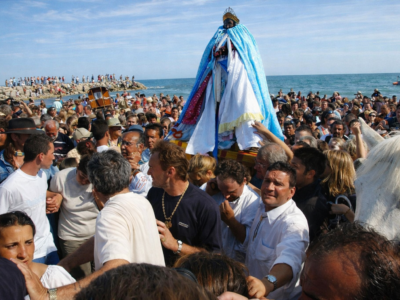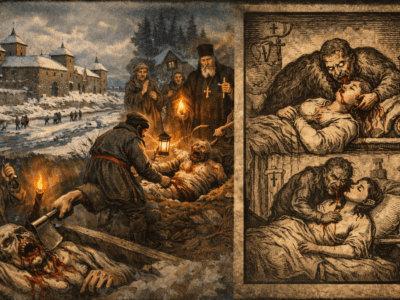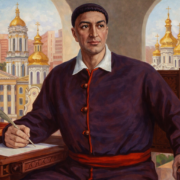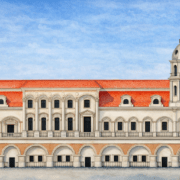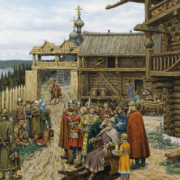Cardinal Aleandro was born on February 13, 1480 in Treviso (Italy). He began to study medicine and law in his hometown, but soon began to study theology and church organization. As a result of active work, he had the opportunity to enter and serve in the papal court of Alexander VI Borgia, who was known for his immoral behavior during the so-called «Pornocracy». He soon had the opportunity to meet the eminent Dutch humanist Erasmus of Rotterdam and Aldo Manuzzi, and lectured on theology in Venice. Faithfulness to his vocation did not take long — the pope appointed Aleandro to Hungary for a diplomatic meeting.
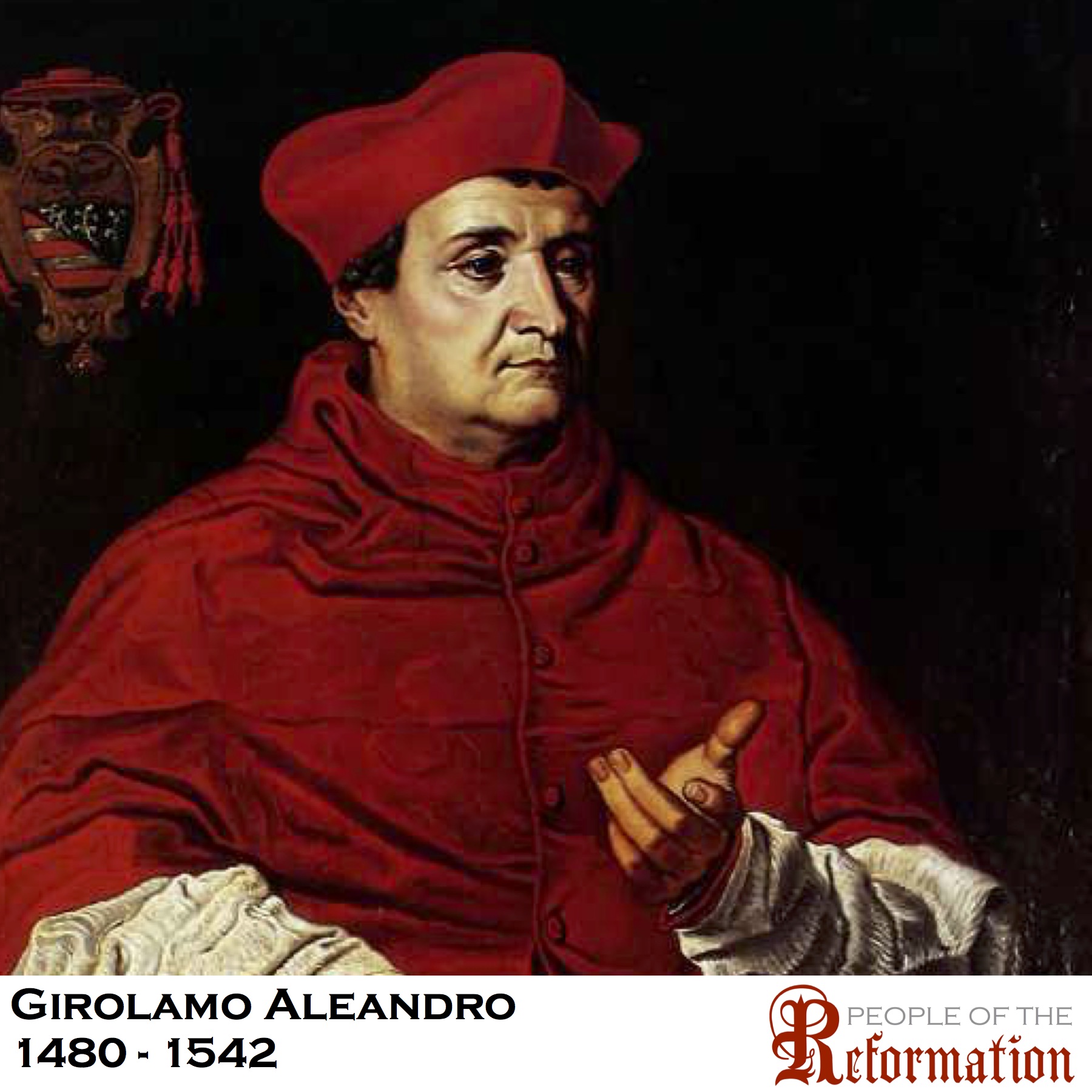
In 1508 he received an invitation from King Louis XII of France to teach at the University of Paris at the Department of Greek and Latin Language and Literature. Constant travel and hard work shook Professor Oleander’s health, and he was forced to move into the ecclesiastical sphere, and was therefore appointed cardinal and chancellor of Bishop Ebergard of Lutych. In 1516, during the papal reign of Leo X, Aleandro came to his court. It was a great fortune for Pope Leo X to keep a professor, a connoisseur of classical languages, a humanist, and therefore assigned him to be secretary of the Vatican Library.
Cardinal Oleandro did his best to defend papal influence, especially where there were attempts to undermine his authority. It was a great challenge for him to maintain the influence of the papacy in the Reformation, which ignited an unprecedented «fire» in Saxony in Luther’s calls for the Reformation formulated in 95 theses. First of all, the main focus was on the unity of Christendom, as well as accusing Luther of splitting the Western Catholic Church. In Worms in 152, Cardinal Oleandro was present as a papal representative. It is believed that the Edict of Worms, which condemned Luther as a heretic, ideologically influenced Aleandro. His goal was to find in Luther and in the teachings of the Reformation all possible «pitfalls.» Not having all the sufficient grounds for accusation, Aleandro was armed with the idea of Luther’s connection with the rivals of Catholicism — Eastern Orthodox Christianity. Aleandro unequivocally claimed that Luther, with his Jewish roots, was secretly trying to bring the Reformation and Judaism closer together through Orthodoxy.
As papal nuncio, Aleandro was sent to the Netherlands, where he sentenced to death two Catholic monks who became supporters of the Reformation. It was 1523, and after the death of Pope Leo X, who died in poverty, the heir to the Roman throne, Clement Clement VII, appointed Aleandro Archbishop of Brindisi and Oria at the court of King Francis in France. For Aleandro was an unpleasant situation when he was captured with the French king at the Battle of Pavia. His release was possible only after a large ransom.
Cardinal Aleandro was three times appointed papal nuncio in Germany to prevent peaceful coexistence between Protestants and Roman Catholics, but all attempts were unsuccessful. Despite the fact of his counter-Reformation activities in Western Europe, Aleandro positively established himself as an educated polemicist, scientist. The Vatican Library preserves his unfinished work «De Concilio habendo«, which played almost a major role in the Council of Trent. His letters, notes, works testify not only to his high erudite level, but also detailed information about the religious schisms and currents of his time.
Dr. Eugene Raspopov

